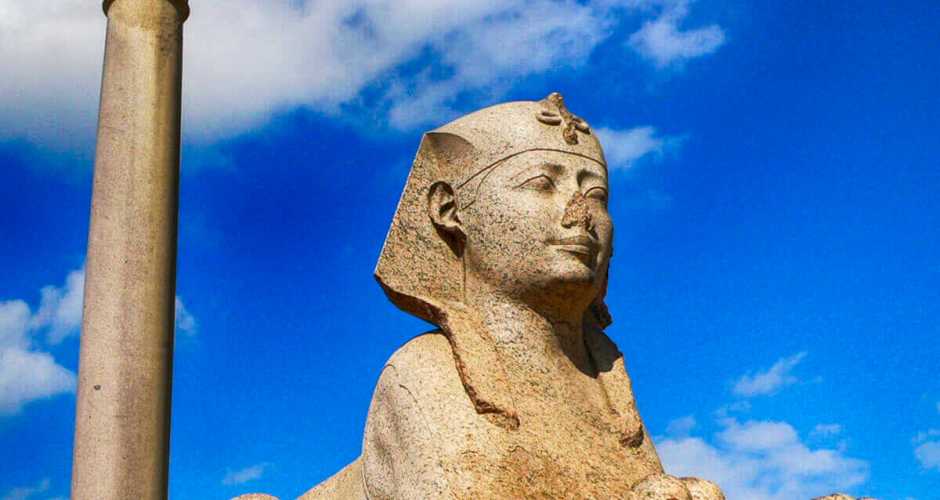- Home
-
Day tours
- Day tours
-
Marsa alam tours
-
Hurghada tours
-
El Quseir Tours
-
Makadi bay
-
Cairo Tours
- Cairo Tours
- Top Things in Cairo
- Siwa tours from Cairo
- Cairo Culture Tours
- Alexandria trips from Cairo
- Nile Cruises From Cairo
- Night Dinner Cruises in Cairo
- Sound and Light show Excursion
- Fayoum trips from Cairo
- Luxor Tours From Cairo
- white desert trips from Cairo
- Al Minya tours from Cairo
- Cairo Travel Packages
- Cairo Desert and Safari tours
- Aswan tours From Cairo
- Cairo Taxi Transfers
-
Luxor Tours
-
Portghalib tours
-
Sharm el Sheikh
-
El Gouna Tours
-
Aswan Tours
-
Sahl Hasheesh Tours
-
Soma Bay tours
- Safaga Tours
-
Airport Transfer
-
Tour Packages
- Tour Packages
-
Egypt Travel Packages
- Egypt Travel Packages
- Egypt Itinerary 4 Days
- Egypt Itinerary 5 Days
- Egypt Itinerary 6 Days
- Egypt itineraries 7 Days
- Egypt itineraries 8 Days
- Egypt Itinerary 9 Days
- Egypt Itineraries 10 Days
- Egypt Itinerary 11 Days
- Egypt Itineraries 12 Days
- Egypt Itineraries 13 Days
- Egypt Itineraries 14 Days
- Egypt Itineraries 15 Days
- Egypt Itineraries 16 Days
- Egypt Itineraries 17 Days
- Egypt Itineraries 18 Days
- Egypt Itineraries 19 Days
- Egypt Itineraries 20 Days
- Egypt Itineraries 21 Days
- Top Egypt Vacation Packages
- Egypt Cruises Packages
- Egypt Christmas Holidays
- Hurghada Holiday Packages
- Marsa Alam holidays packages
- Marsa Alam tour Packages
- Egypt Walking Holidays
-
Shore Excursions
- Egypt Nile Cruises
-
Egypt Attractions
- Egypt Attractions
-
Top Attractions In Luxor
-
Top attractions in Bahariya
-
Top Attractions In Fayoum
-
Top Attractions In Siwa
-
Top attractions in Sakkara
-
Top Attractions In Giza
-
Top Attractions In Aswan
-
Top Attractions In Alexandria
-
Top Attractions In Cairo
-
Attractions in Damietta
-
Top Attractions In Hurghada
-
Top Attractions in El Quseir
- Top attractions in Marsa Alam
- Top attractions in Al Minya
- Top attractions in El Gouna
- Top attractions in Sharm
- Contact us
-
Egypt Travel Guide
- Egypt Travel Guide
- Egypt tours Faq
- Egypt Itinerary 7 Days
- Best Tours in Marsa Alam
- Egypt Itinerary 8 Days
- Travel to siwa from Cairo
- Plan your trip to Egypt
- Is Egypt Safe to Visit
- Egypt Itinerary Planner
- The Best Winter Destinations
- Egypt Tour Packages guide
- The best Nile Cruises in Egypt
- Tips For visiting the Pyramid
- Foods You Need to Eat In Egypt
- The 10 Best Marsa Alam Tours
- Payment Policy
- White desert Tour packages
Pompey’s Pillar & the Temple of Serapeum
Pompey’s Pillar
A massive 30m column looms over the debris of the glorious ancient settlement of Rhakotis, the original township from which Alexandria grew. Known as Pompey’s Pillar, for centuries the column, hewn from red Aswan granite, has been one of the city’s prime sights: a single, tapered shaft, 2.7m at its base and capped by a fine Corinthian capital. The column rises out of the sparse ruins of the Temple of Serapeum, a magnificent structure that stood here in ancient times.

The column was named by travellers who remembered the murder of the Roman general Pompey by Cleopatra’s brother, but an inscription on the base (presumably once covered with rubble) announces that it was erected in AD 291 to support a statue of the emperor Diocletian.

Temple of Serapis
Underneath the column, steps lead downward to the ruins of the great temple of Serapis, the hybrid Greek and Egyptian god of Alexandria. Also here was the ‘daughter library’ of the Great Library of Alexandria, which was said to have contained copies and overflow of texts. These scrolls could be consulted by anyone using the temple, making it one of the most important intellectual and religious centres in the Mediterranean.

The temple was attacked during the Jewish Revolt in AD 115–117, but it was the Christians who launched a final assault on pagan intellectuals in AD 391 and destroyed the Serapeum and its library, leaving just the lonely pillar standing. The site is now very forlorn, little more than rubble pocked by trenches and holes, with a couple of narrow shafts from the Serapeum to explore below, a few sphinxes (originally from Heliopolis) and a surviving Nilometer (a structure used to measure and record the level of the Nile in ancient times). The pillar on top is the only ancient monument remaining whole and standing in Alexandria today. The guards can be slightly pushy here.
